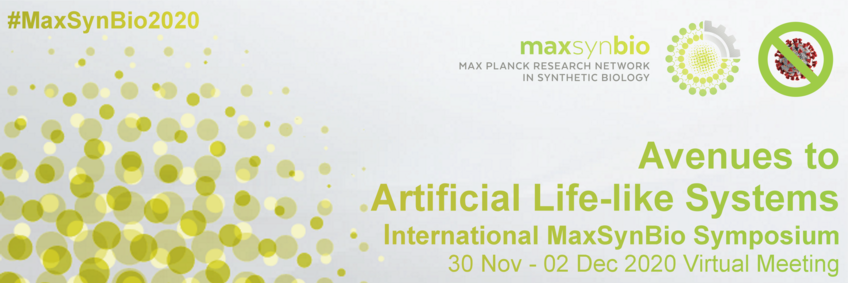
Steven A. Benner (Guest)
Foundation For Applied Molecular Evolution, Alachua, USA
Guest Speaker

Steven Benner is a Distinguished Fellow at the Foundation for Applied Molecular Evolution, which he founded after serving on faculties at the University of Florida, ETH Zurich, and Harvard. His research has helped initiate several fields, including synthetic biology, paleogenetics, dynamic combinatorial chemistry, and evolutionary bioinformatics. His team is noted for having (a) redesigned DNA to expand genetic alphabets, (b) resurrected genes and proteins from extinct organisms to understand their roles in molecular evolution, (c) organized genome databases by their natural history, (d) predicted how proteins fold by examining their sequence divergence, (e) combined geology and chemistry to understand how life originated on Earth, (f) constructed missions to find life on Mars and elsewhere in the Solar System. He has founded several biotechnology companies, including those that applied next-generation DNA to diagnostic and therapeutic medicine, created reagents to support NextGen DNA sequencing, construct ultra-large DNA modules, and systems to support enzyme-enabled DNA synthesis. Today, his artificial DNA supports highly multiplexed and ultraclean PCR amplification of human genetic targets, to detect inherited genetic diseases, quantitate viral loads in patients infected with HIV, hepatitis B, and hepatitis C viruses, and to detect of respiratory disease and arbovirus pathogens. His most recent technology include products to manage the coronavirus pandemic, one that operates in 15 minutes in public spaces. His most recent book is: "Life, the Universe, and the Scientific Method."
Keynote presentation: Creating Darwinism from the Bottom up
Session "Genetic Information" | Monday 30 Nov, 16:30 - 17:00 CET
Abstract: The behavior that distinguishes living from nonliving systems is the former's ability to reproduced, evolve, and adapt. Thus, the ultimate goal of synthetic biology is to recreate these three processes that natural biology does, but on molecular platforms that differ from those used by the life that we know on Earth. Attempts to reproduce darwinism using uncharged biopolymers have shown why a polyelectrolyte backbone must be present in any evolvable informational molecule. Studies on a wide variety of building blocks that might replace those found in standard DNA and RNA show the importance of the Schrödinger "aperiodic crystal structure" in any informational molecule able to support darwinian evolution. These studies also show, however, that if a polyelectrolyte backbone and stereoregular building blocks are present, many alternative biopolymers can be constructed that are both informational and darwinian. This talk will describe several of these, and what we have learned as we have developed them It will also describe their applications, in diagnostics and medicine, in materials development, and a platforms to evolve receptors, ligands and catalysts by laboratory in vitro evolution. It will also describe how the science that has emerged informs us about how we might detect non-terran life in alien aqueous environments, on Mars, Enceladus, Europa, and elsewhere in the Solar System.
